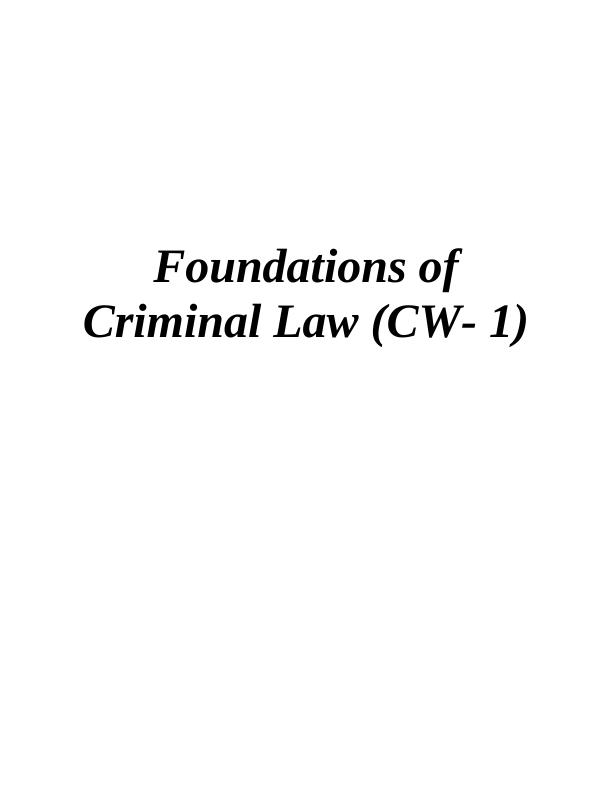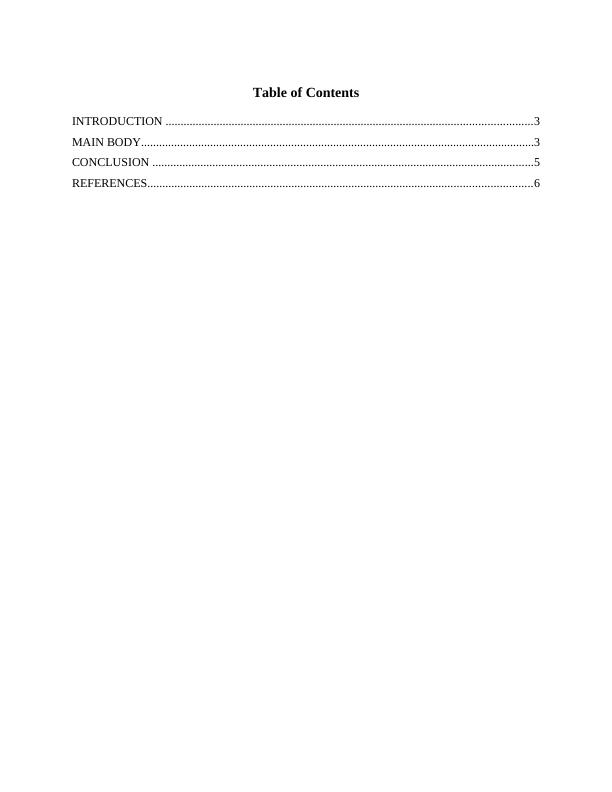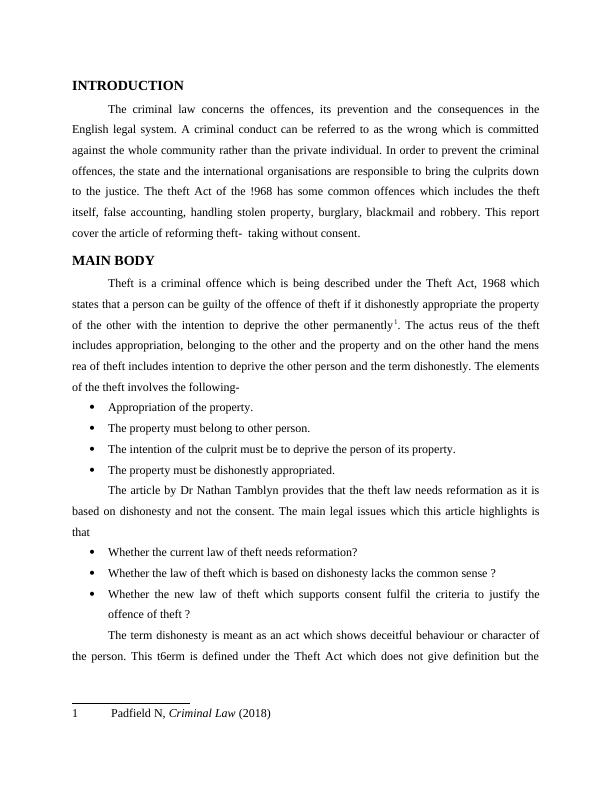Reforming Theft: Taking Without Consent
Added on 2023-01-03
7 Pages1347 Words22 Views
End of preview
Want to access all the pages? Upload your documents or become a member.
Criminal Law: Theft and Fraud
|11
|2512
|54
ASSESSMENT 1 Legislation relating to the theft
|12
|3018
|377
Foundation of Criminal Law: Case Scenario of Theft and The Theft Act 1968
|6
|1848
|155
Property Offences - Assignment
|12
|3956
|241
Dishonest Appropriation: Definition and Effects in Modern Law Regime
|9
|1877
|189
Assignment - Company Law LW300
|10
|2474
|70



